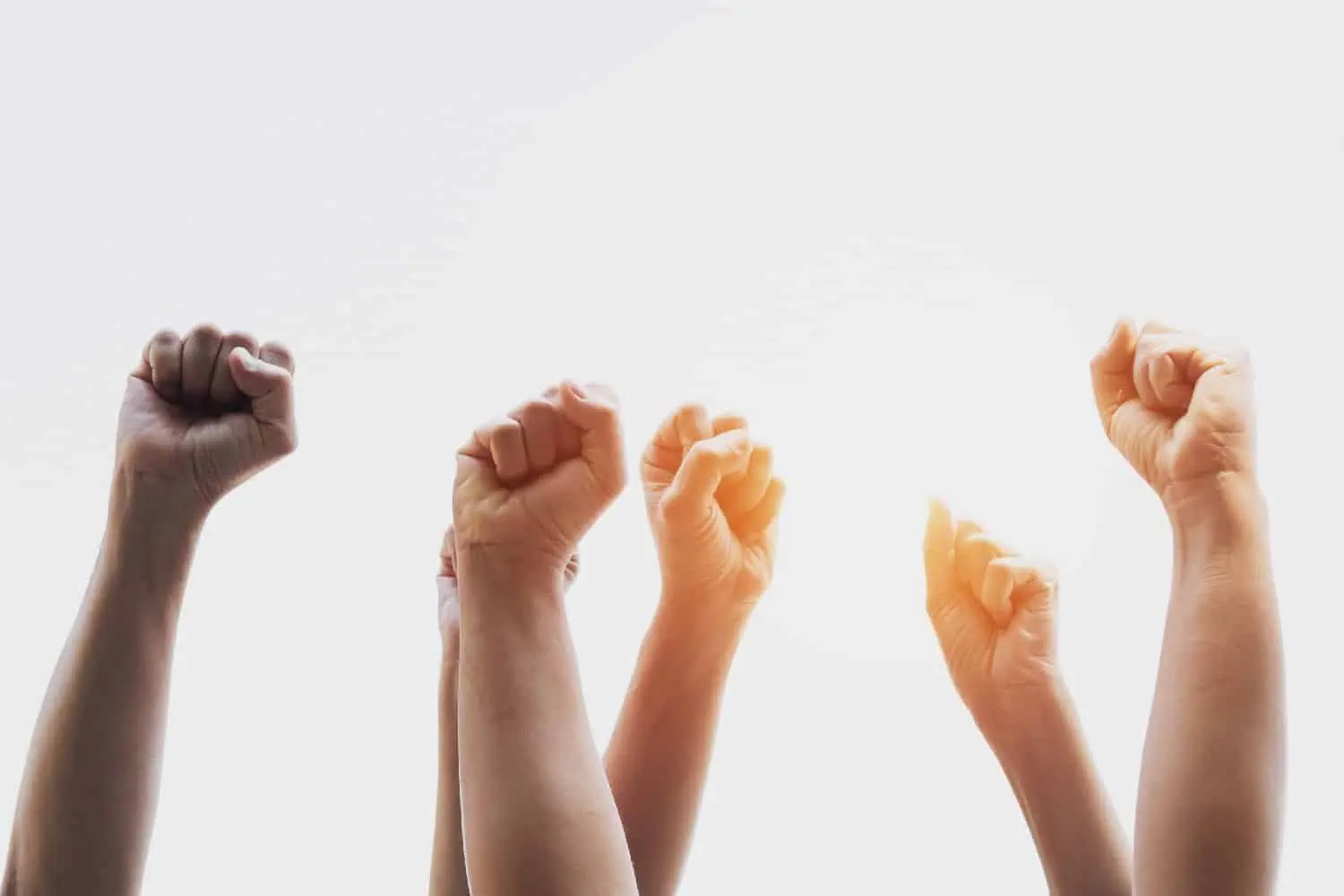On the 10th of December each year, the world celebrates the United Nations’ International Human Rights Day. However, South Africa also acknowledges its very own national Human Rights Day on the 21st of March, with 2022 marking its 62nd anniversary. For Africa’s southernmost country, this is a day of commemoration for the events that took place in Sharpeville in 1960.
Sharpeville 1960
Sharpeville is a township situated between the cities of Vanderbijlpark and Vereeniging, in southern Gauteng. It is one of the oldest townships in the Vaal Triangle and the location of one the first and most violent demonstrations against apartheid in South Africa.
Here, on the 21st of March 1960, a peaceful crowd had gathered to join a nationwide demonstration organised by the Pan-Africanist Congress (PAC). Arranged to protest the Pass Laws that had been in place since 1948. This set of laws gave the government control over the movement of Black people in urban areas. Stipulating that no Black person could leave a rural area for an urban one without a permit, or “Pass”, from the local authorities. The Pass had to include specifics such as a photograph, place of origin, employment record and tax payments.
Some reports state that protestors gathered outside the Sharpeville police station had started throwing items, including rocks. Others state that a small scuffle broke out at the front of the crowd which was misinterpreted by both protestors and the police. While some accounts claim that the crowd simply refused to disperse. Either way, the final outcome was police officials opening fire. Killing 69 people and leaving 180 wounded, with about 50 women and children among the victims.
Your Human Rights
The martyrs from this event represent the power ordinary people have to rise up in unison and fight for their basic human rights. So, on national Human Rights Day 2022, South Africans are asked to reflect on their rights. As well as to protect their rights and the rights of all people from violation. Irrespective of race, gender, religion, sexual orientation and origin.
“Human rights apply to everyone, equally.”
parliament.gov.za
According to the Bill of Rights:
- All persons have a right to citizenship and security.
- Persons and groups are entitled to freedom of assembly, association, belief and opinion, and expression. They have the right to demonstrate, picket and petition.
- Everyone has the right to be free from forced labour, servitude and slavery.
- All persons have a right to privacy and to exercise political rights.
- All have a right to access to information and just administrative action. They have rights when arrested, detained and accused, and must have access to courts.
- All have a right to freedom of movement and residence and of trade, occupation and profession. In the workplace everyone has a right to engage in trade unions and labour movements.
- Anyone has the right to purchase property anywhere, and to a basic education.
- They have a right to language and culture and communities; and not least, freedom of religion and belief. The Bill of Rights also specifies the rights of persons belonging to cultural, religious or linguistic communities.
- In addition, there are specific laws to safeguard women and protect children.
- Protected rights include a healthy environment; housing, health care, food, water and social security.
